Twelve Villains in Classic Literature
From myths and legends to books and films, stories of evil characters have entertained people for centuries. But some villains have been more than just bad guys — they've been the stuff of nightmares.
Villains are not always motivated by evil, but often they are the kind of people who believe they have a right to rule others because they are better than everyone else. These characters can be very complex and enigmatic. In some stories, they are as important as the hero/heroine and it could be said that an essential aspect of a story is understanding the villain.
We have all experienced frustration with villains in literature, but they do have the effect of making us root even harder for our heroes. On the list below, I have compiled some of the most memorable villains in literature.
1. Count Dracula from Dracula by Bram Stoker

Even though Sheridan Le Fanu’s Carmilla introduced the literary world to vampires, there is no doubt that it was Bram Stoker’s Count Dracula which has stuck in the public’s imagination.
Imagine a vampire, or ask anyone to do an impression of one, and they will almost always conjure up Stoker's creation along with either Christopher Lee's or Béla Lugosi's portrayal - throwing their hands up in a t-rex stance, and showing their 'vampire teeth'. They may even add in an 'I vant to suck your blood!'. Vampires are villains - no doubt - they kill people. Yes they do it to survive, but they still kill people. Instant villainy.
2. Mephistopheles from Doctor Faustus by Christopher Marlowe
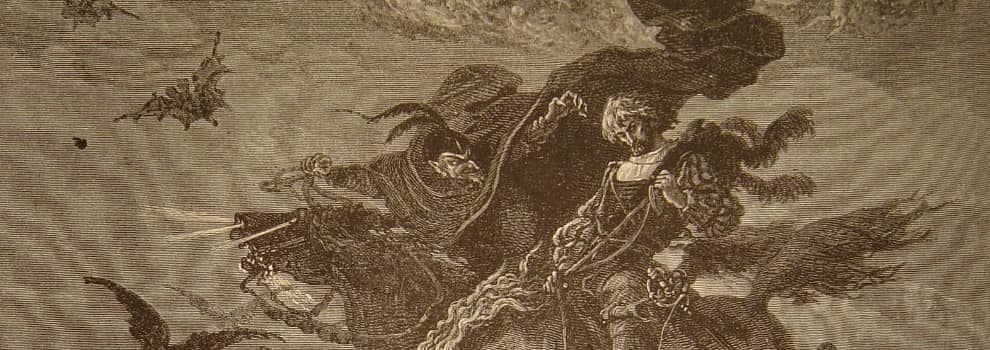
Mephistopheles is a powerful demon of a mysterious and sinister nature - the Devil's messenger who originated from German folklore.
Whilst the fact that he is a demon is in no doubt, Mephistopheles does not seem to seek men out to corrupt, rather he sees in Faustus especially, that corruption is already lurking, and takes advantage of that, although he does warn Faustus of the fate that awaits him if he sells his soul.
3. Bill Sikes from Oliver Twist by Charles Dickens
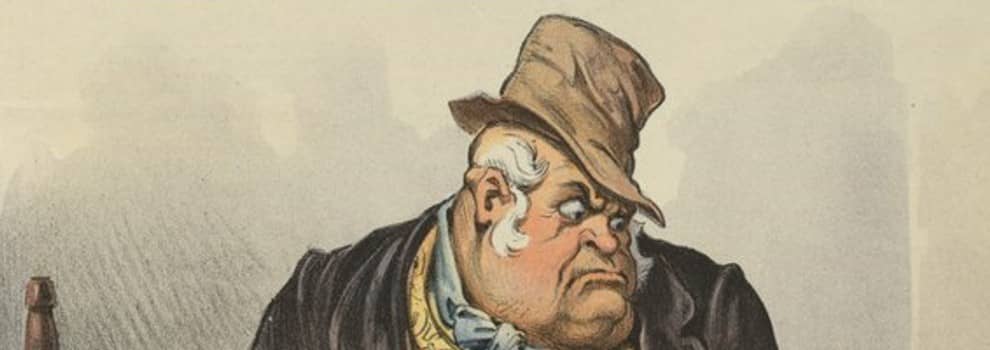
The character of Bill Sikes is cruel and vicious - a malicious criminal, a robber and a murderer. His lover Nancy tolerates him for whatever reason, but most probably because she is so scared of him. And with good reason. Dicken’s murder scene when Bill Sikes takes the life of Nancy is very brutal and shocking. Thankfully, Sikes gets his comeuppance later in the novel, in also quite a shocking way – but no-one really cares about him, so that’s fine.
4. Iago from Othello by William Shakespeare
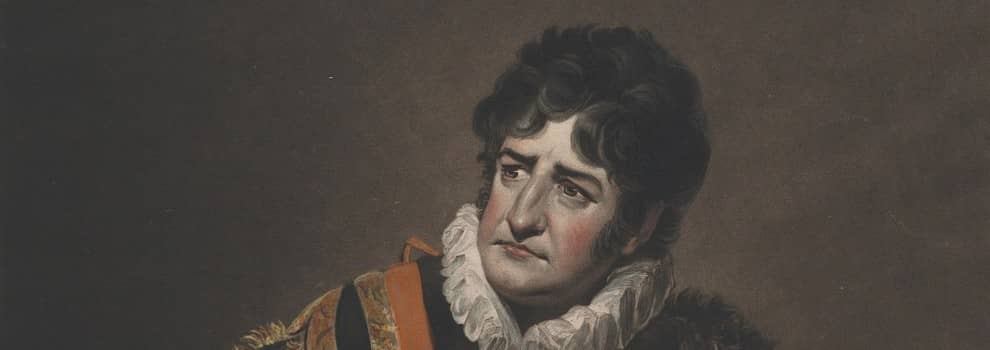
Known as one of Shakespeare's most sinister villains, Iago is a master of deception and manipulation. Othello's trusted advisor is a soldier who has fought alongside him for many years. Nevertheless, Iago hates Othello so much that he tricks him into believing that his wife is having an affair with his Lieutenant.
Shakespearean critic A. C. Bradley said that "evil has nowhere else been portrayed with such mastery as in the evil character of Iago"
5. Svidrigailov from Crime And Punishment by Fyodor Dostoyevsky

One of Dostoevsky's most famous characters in his book Crime and Punishment is Svidrigailov. A slightly more complex character, he certainly has his depraved and selfish side, who is willing to torment others in a bid to get what he wants. However, he is also shown to have a generous and compassionate side. Just as with people in real life, bad people are very rarely always bad.
6. Professor Moriarty from The Final Problem by Arthur Conan Doyle
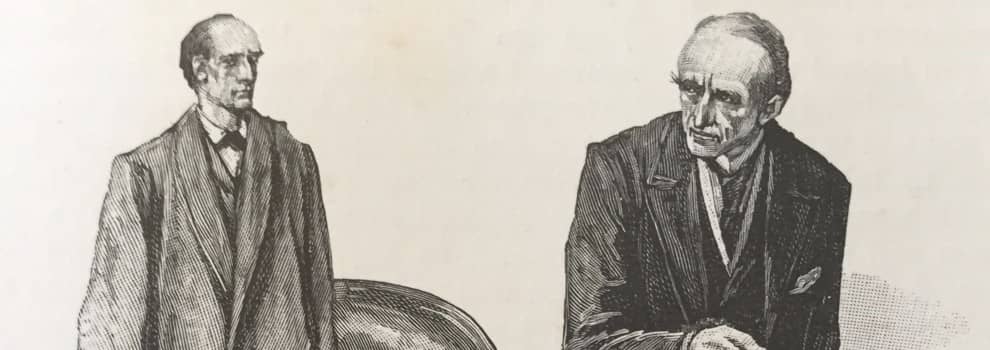
Unbelievably, Moriarty only appears twice in the original Sherlock Holmes stories, but he has since come to be seen as Holmes’ arch-enemy. An intelligent man who doesn’t dirty his hands himself, but instead acts as a criminal consultant for others. Highly ruthless, he does have a respect for his rival’s intelligence – which doesn’t stop him from trying to kill him however.
7. Victor Frankenstein from Frankenstein by Mary Shelley

Note that I’ve chosen the scientist here and not the actual monster he created. Obviously the monster had no choice – if anything we feel sorry for him – hated for his appearance. No, the villain here is Victor, who played God and rejected his creation.
8. Lady Macbeth from Macbeth by William Shakespeare
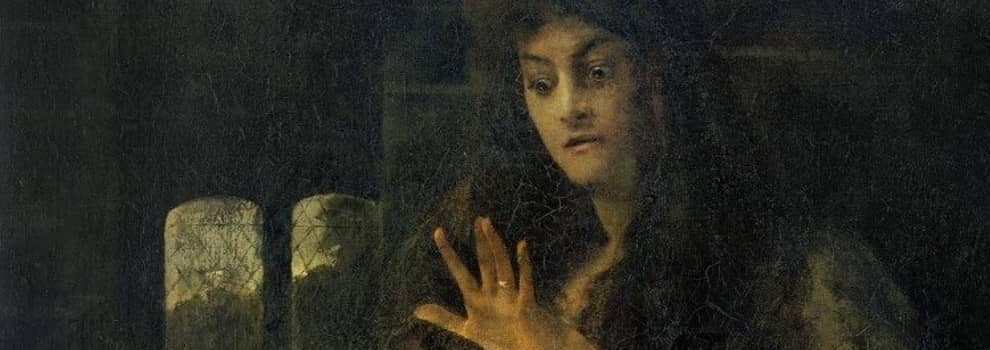
There is no Macbeth without Lady Macbeth. In order to gain power in Scotland, for she has ambition and energy that rivals her husband's, she goads Macbeth to commit regicide. An act which has powerful consequences for both of them.
9. Big Brother from 1984 by George Orwell

In Orwell’s novel, you never really come to find out if Big Brother is or was an actual person, or if he just represents the party that controls Oceania's dystopian society. Not that it matters, the message gets across just the same: no privacy, no free thoughts, no free actions. Nothing you do escapes the watchful eye of Big Brother.
10. Simon Legree from Uncle Tom's Cabin by Harriet Beacher Stowe
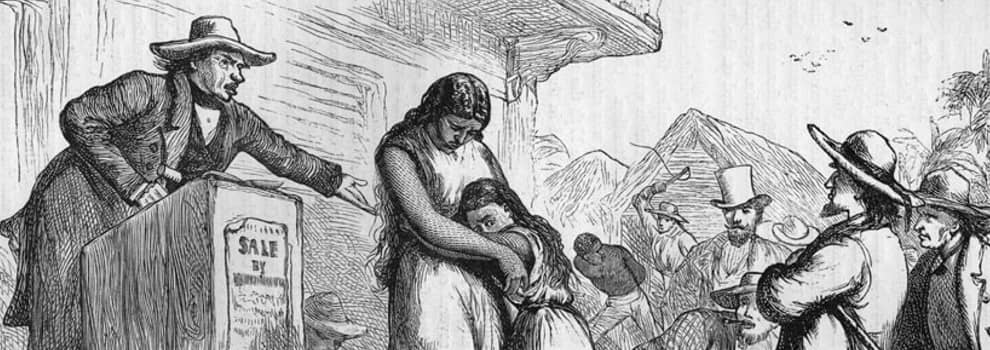
The cruel slave owner in Harriet Beecher Stowe's novel, Uncle Tom's Cabin. Legree is the kind of villain that whilst you’re reading the book, you’re seriously hoping he meets his death in the worst way possible. Or maybe that’s just something I do. He abandoned his sick mother when he was younger, orders Tom to be whipped to death, and is a sexual predator to boot.
11. Captain Hook from Peter Pan by J. M. Barrie
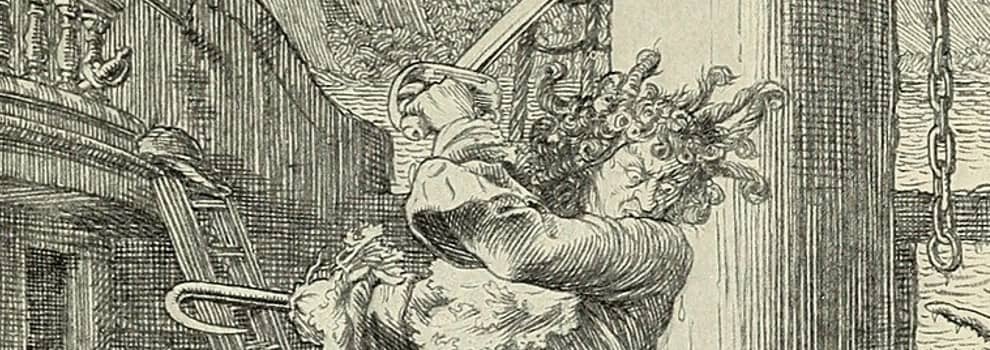
Captain Hook – a literary legend that terrorises not only his own crew but also Peter Pan, the lost boys, and Wendy and her brothers. Again, as with most villains, you can sympathise with Hook at times – whilst he does try to poison Peter Pan - Peter Pan does kind of feed him to the crocodile. So, swings and roundabouts really.
12. Grendel from Beowulf
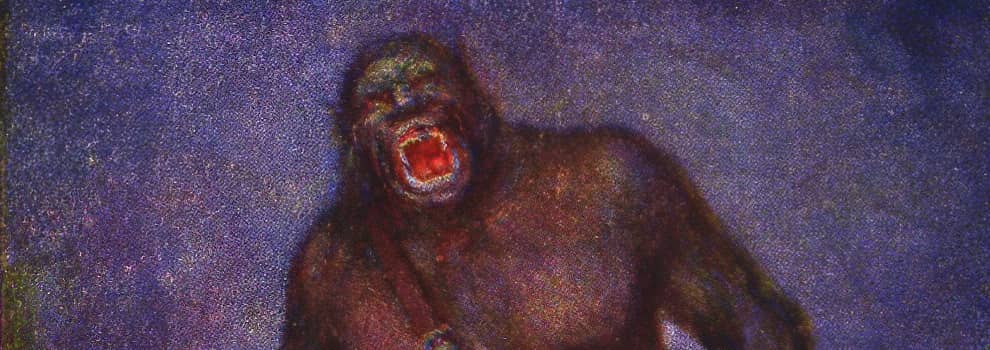
Grendel is a monster in the epic poem Beowulf. It is believed that he descends from the first Biblical murderer, Cain and is 'a creature of darkness, exiled from happiness and accursed of God, the destroyer and devourer of our human kind'. I mean, that description alone kind of cements his villain status.
Final Thoughts
As readers of books, we need villains and anti-heroes in order to be able to root for the actual hero. Our main characters need something to fight against, and to triumph over – whether that is a physical villain, like those in the list above, or a more metaphorical one. It creates drama and if its a good book, well written, with complex characters, it’s even more interesting, because as much as we might not like to admit it, we may end up empathising a little with the bad guy.
Remember - no-one is a villain in their own story.
THE END

